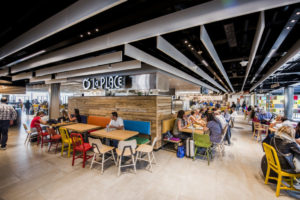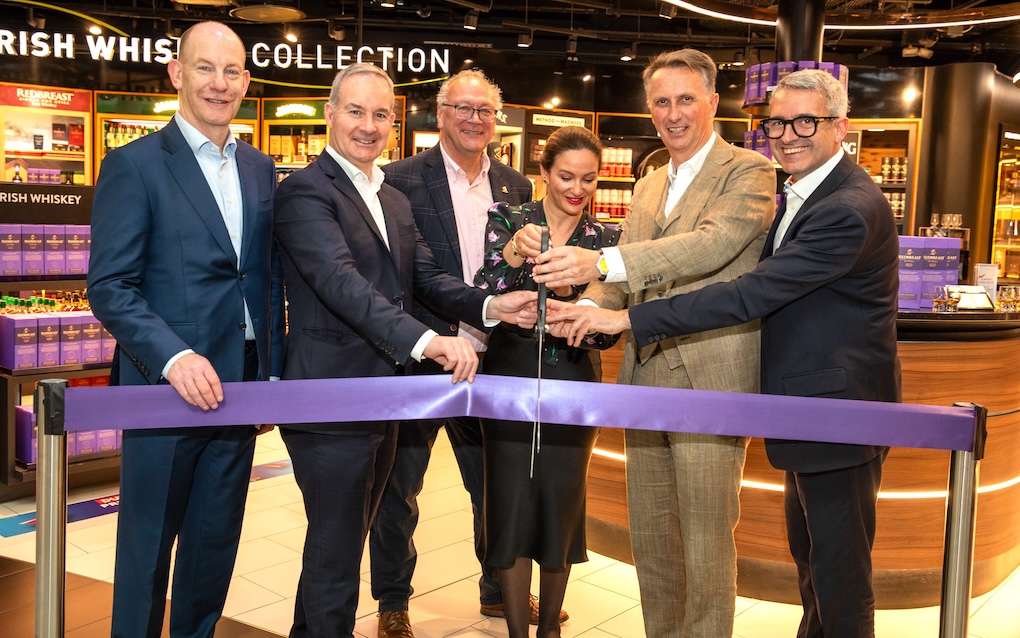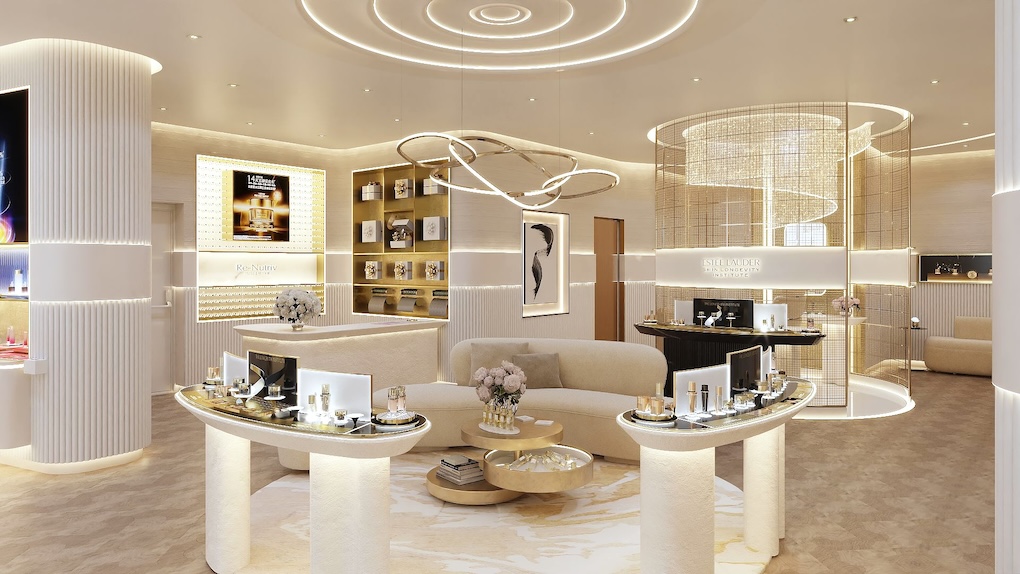THE NETHERLANDS. Average retail spend per departing passenger at Amsterdam Airport Schiphol fell 1.6% last year, to €13.13. But there was a 2.7% increase in food & beverage spend, to €4.81.
Total concessions revenue at Royal Schiphol Group increased 3.1%, to €212 million. The company attributed this to a growth in passenger numbers at Schiphol and the other airports it operates, Rotterdam The Hague and Eindhoven. Traffic at Schiphol was up 3.7% to 71.1 million.

Revenue from rents and leases rose 5.1% to €168 million, which was mainly attributed to a positive trend in the lease of office buildings at Schiphol-Centre. The commercial real estate occupancy rate in 2018 was 91.7%, compared to 89.6% in 2017.
Parking revenue across the Group increased 1% to €125 million, but Schiphol saw a decrease of €1.2 million despite the increased real estate occupancy level and the rise in passenger numbers. The decrease was mainly attributable to less parking capacity being available at Schiphol-Centre due to the demolition of a large parking facility to make room for the construction of a new pier and terminal, Schiphol Group said.

Schiphol Group’s total revenue was up 3.5% in 2018, to € 1,509 million, but the company posted a 0.4% contraction in its net result to €278 million. It attributed the slight decrease to higher operating expenses as Schiphol Group sought to “maintain our desired level of quality for growing passenger numbers”, as well as to digitisation and costs related to major investments.

Royal Schiphol Group President & CEO Dick Benschop commented: “Schiphol performed solidly in 2018. It was a year that brought a record number of travellers, punctuality improvements and solid financial results. It is an enormous achievement to be the world’s second-best connected airport hub, especially for a small country like the Netherlands. It’s a position that we have achieved together with our airlines and that we value.
“We want to maintain that position through a safe, moderate and controlled increase in the number of air transport movements from our airport, while noise disturbance will decrease. Our new charges encourage the use of cleaner and quieter aircraft.

“We are committed to becoming the world’s most sustainable airport. The future development of Schiphol will be centred around quality of life, the quality of our network and the quality of our services. To provide comfortable and efficient services for travellers and airlines alike, we will continue to invest in additional space, innovations and accessibility.”
Looking ahead, Schiphol Group said it expected to see approximately 2-3% growth in passenger volume in 2019, due to the use of larger aircraft and higher load factors. It forecasts a “substantially lower net result compared with 2018 assuming no real estate fair value changes in 2019”.












